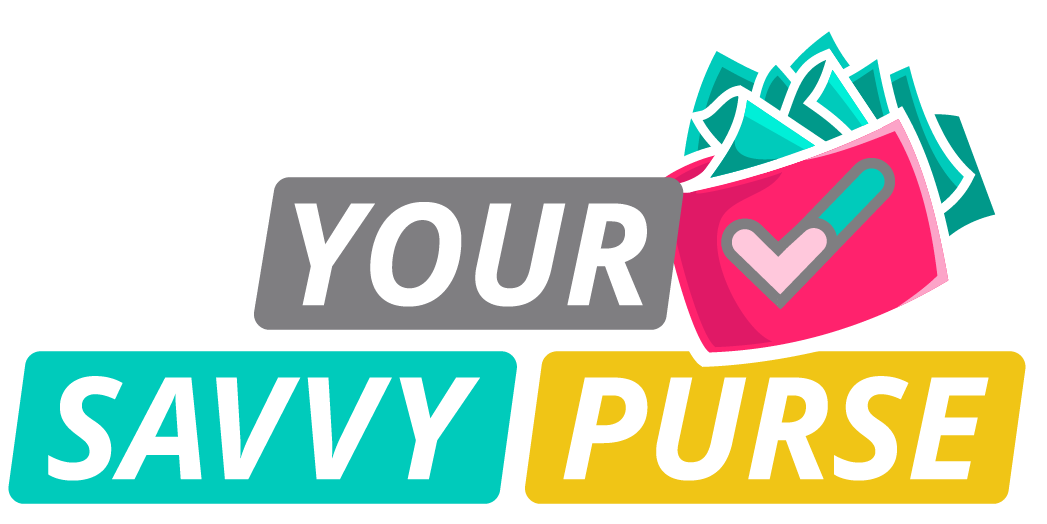We’re letting you know that this post contains sponsored links which Your Savvy Purse receives compensation for, which may impact their order of appearance.
As women, we often wear many hats. We juggle our careers, relationships, personal responsibilities, and sometimes, we find ourselves saying yes to things that drain us or leave us feeling overwhelmed. But here’s the thing—saying “no” is not a bad thing. In fact, it can be one of the most powerful tools for reclaiming your time, energy, and happiness.
Why Saying No is So Powerful
When we say “yes” to everything, we spread ourselves thin. Saying “yes” too often can lead to burnout, resentment, and even guilt. By setting boundaries and learning how to say “no,” we are prioritizing our own well-being and mental health. It’s an act of self-respect and self-care that not only benefits you but also those around you.
1. Understand Your Priorities Before you say “yes” or “no,” take a moment to reflect on your priorities. What truly matters to you? What aligns with your values and goals? When you understand your priorities, you’ll have a clearer sense of when to say “yes” and when it’s time to decline.
2. Practice Self-Compassion It’s easy to feel guilty when you say “no” to someone or something, but self-compassion is key. Recognize that it’s okay to put yourself first sometimes. You can’t pour from an empty cup, and by setting boundaries, you’re ensuring that you have the emotional and mental space to be there for others when you’re truly able.
3. Be Assertive, Not Aggressive Saying “no” doesn’t mean being rude or dismissive. You can be kind and firm in your response. For example, instead of saying, “I can’t help with that,” you could say, “I’m unable to take on any new commitments right now, but thank you for thinking of me.” It’s a gentle but assertive way of setting your boundaries without feeling guilty.
4. Use It as a Tool for Growth Setting boundaries isn’t about closing yourself off from the world; it’s about creating space for what truly adds value to your life. Whether it’s taking time for self-care, pursuing a personal passion, or nurturing relationships that matter most, saying “no” gives you the freedom to focus on the things that bring you joy and fulfillment.
5. Practice Saying No in Small Ways If you’re new to saying “no,” start with small, low-stakes situations. It could be as simple as declining an invitation to an event you don’t feel up to attending or passing on a task that isn’t essential. The more you practice, the easier it becomes to honor your boundaries without feeling guilty.
By embracing the power of “no,” you empower yourself to live a life that’s more intentional, balanced, and fulfilling. Remember, your time is precious—and learning to say no can open the door to more opportunities for personal growth, happiness, and peace.



